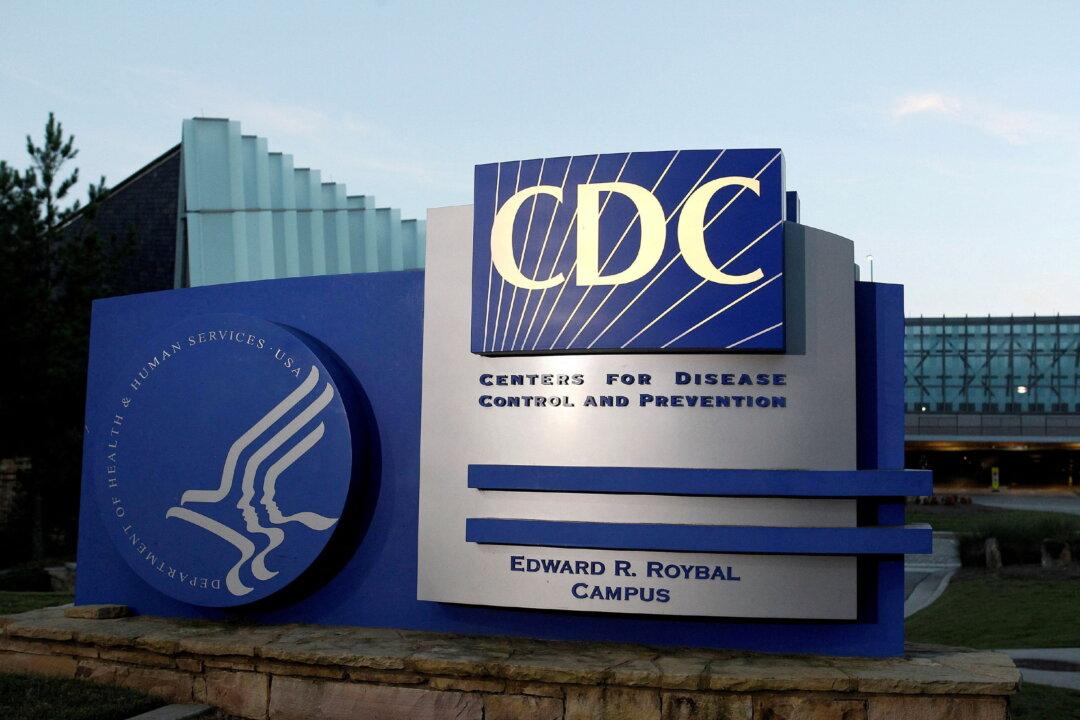The Centers for Disease Control and Prevention (CDC) has launched a rapid investigation after more than 30 of its own staff members tested positive for COVID-19 following a conference in Atlanta, Georgia.
A spokesperson for the CDC confirmed to The Epoch Times that the 2023 Epidemic Intelligence Service (EIS) conference began on April 24 in Atlanta, where the agency is headquartered.




